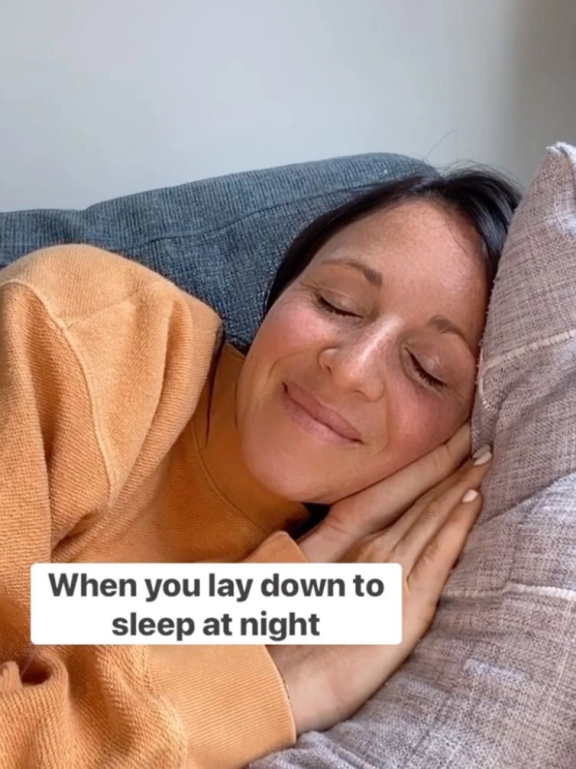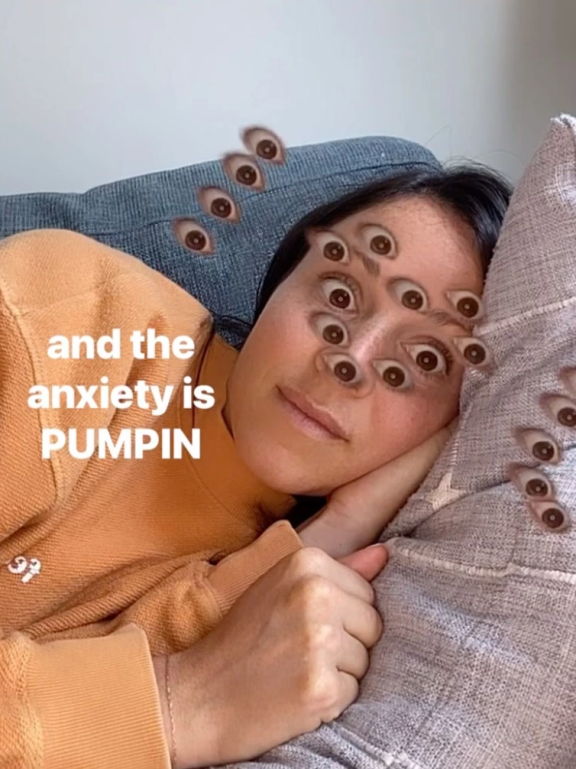Last year was a big year for the time-honored tradition of just sitting around, thinking. For most of us, this was circumstantial; it became the de facto activity during a global pandemic that greatly reduced our abilities to interact with people outside our homes.
But for Emily Kessler, it was very intentional. “To me, meditation is just intentional time we spend with ourselves, figuring out how we relate to our thoughts,” she says. As the isolation of the pandemic began to manifest as mental health challenges for so many, she felt called to share her practice in a way that was indeed about spending time with oneself—but together.
Drawing on her experience as a partner and manager with mass-meditation organization The Big Quiet since 2018, Emily became a certified meditation instructor and launched a virtual, three-session, live meditation course aimed at helping people become “modern, resilient & badass meditators,” as her website puts it.
If the word “badass” in the pitch for her course didn’t tip you off, Emily’s approach to practicing and teaching meditation is all about keeping things accessible, fun, and relevant to the ways we actually live our lives. Below, Emily discusses some of the biggest misconceptions that exist around meditation, additional ways she tends to her mental wellbeing, and tips for anyone who is meditation-curious but isn’t sure where to start.
There are so many different styles and lineages when it comes to meditation, but at its core, it can be really simple: It’s time to be with ourselves with intention and to better understand how we relate to our thoughts.
But it’s also fun! I’m on a mission to show people you don’t have to be this stoic, peaceful person to meditate. You just have to be a curious person. I like to put it this way: You’re not trying to slay the dragons of your mind, you’re trying to make friends with them. And so for me, creating an approach that isn’t so serious all the time allows people to think, “Wow, this could be for me too.” Because meditation is for everyone.
I have a pretty simple formula that consists of four things: The first is daily meditation, and that is non-negotiable; it’s the foundation my day gets built on and it turns off the stress response in my body. The second thing is time spent outside. I live in Brooklyn so it was a long, cold, lonely winter. It’s crucial for me to get outdoors, even if I step outside for three minutes. The third thing is some kind of human connection, whether that’s through teaching, a partner, or a phone call to a friend. During the pandemic, my family would do a Zoom call every Sunday with about 30 people, and it’s still happening! That’s been a silver lining moment—connecting with family and friends in new ways.
Lastly, movement. I need to walk or exercise and just move my body. If I’m having a down day or feeling off, I can ask myself whether I did those things. And it’s usually the case that if I’m feeling bummed, I’ve missed one of those things.


The first is that meditation is inherently religious or spiritual. And while some styles of meditation certainly are, there are so many options out there. I like to compare it to exercise; someone might prefer to run, whereas someone else might like to spin or do pilates, etc.
There’s also this misconception that meditation should be difficult, and that we’re striving for a completely clear mind and serene environment. But that’s not possible! Humans have thousands of thoughts a day. The brain just thinks.
Meditation is really about peacefully co-existing with our thoughts—not banishing them. It’s about learning to relate to the thoughts and live more peacefully with them. My students will say things like, “I’m not a good mediator, because I think a lot of thoughts.” And I say: “Welcome to the club.”
Number one is to just be gentle with yourself. When we learn something new, so many of us experience pressure to get good really quickly. But meditation is a forever-learning experience. It’s an ongoing practice. Just sitting down and showing up is a huge accomplishment.
The second thing is to explore different styles and be curious. I am biased, but I think learning from another human being is so helpful because when you learn from a teacher, there’s another human breaking things down for you and holding you accountable.
The last thing is to just go forward with the approach that meditation is for you. It’s for everyone. At its core, it’s a really simple way to live a life of less stress.
To learn more about Emily's meditation practice and teaching, follow her on Instagram.
